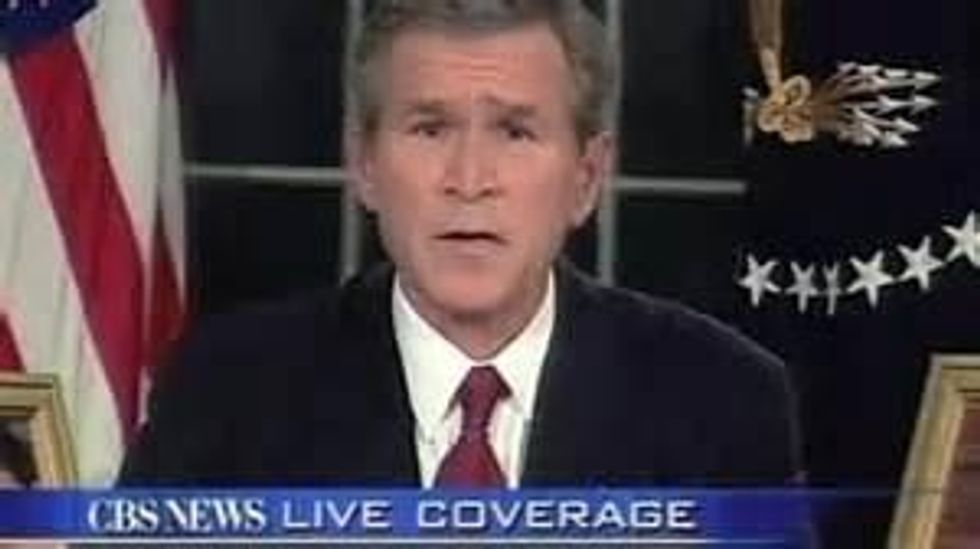A New York Times story (8/9/13) about the sentencing phase of the trial of Army whistleblower Bradley Manning caught my eye with this headline: "Witness in Manning Case Says Leaks Could Help Al Qaeda."
What the Times reported was this:
A prosecution witness in the sentencing phase of the court-martial of Pfc. Bradley Manning told a military judge on Thursday that Al Qaeda could have used WikiLeaks disclosures, including classified United States government materials provided by Private Manning, to encourage attacks in the West, in testimony meant to show the harm done by his actions.
So what was the evidence? The Times explains:
The witness, Cmdr. Youssef Aboul-Enein, an adviser to the Pentagon's Joint Intelligence Task Force for Combating Terrorism, said that WikiLeaks materials showing that the United States had killed civilians, for instance, could help Al Qaeda. "Perception is important because it provides a good environment for recruitment, for fund-raising and for support for Al Qaeda's wider audience and objectives," he said.
So the potentially most damaging part of Manning's disclosures was that the war kills civilians-and that U.S. enemies could use that fact to recruit others.
If that's the standard- that the killing of civilians might rally people behind the cause of Al Qaeda-then shouldn't someone be talking to George W. Bush about ordering the invasion that caused all the killing? Of course not-the only person facing punishment is the person who thought the rest of the world should know about it.
We-and certainly many others-have made the point that the prosecution of Manning should be treated seriously by journalists and press freedom advocates- especially now that the government is laying out its case about what it considers to be the harm done by WikiLeaks.

